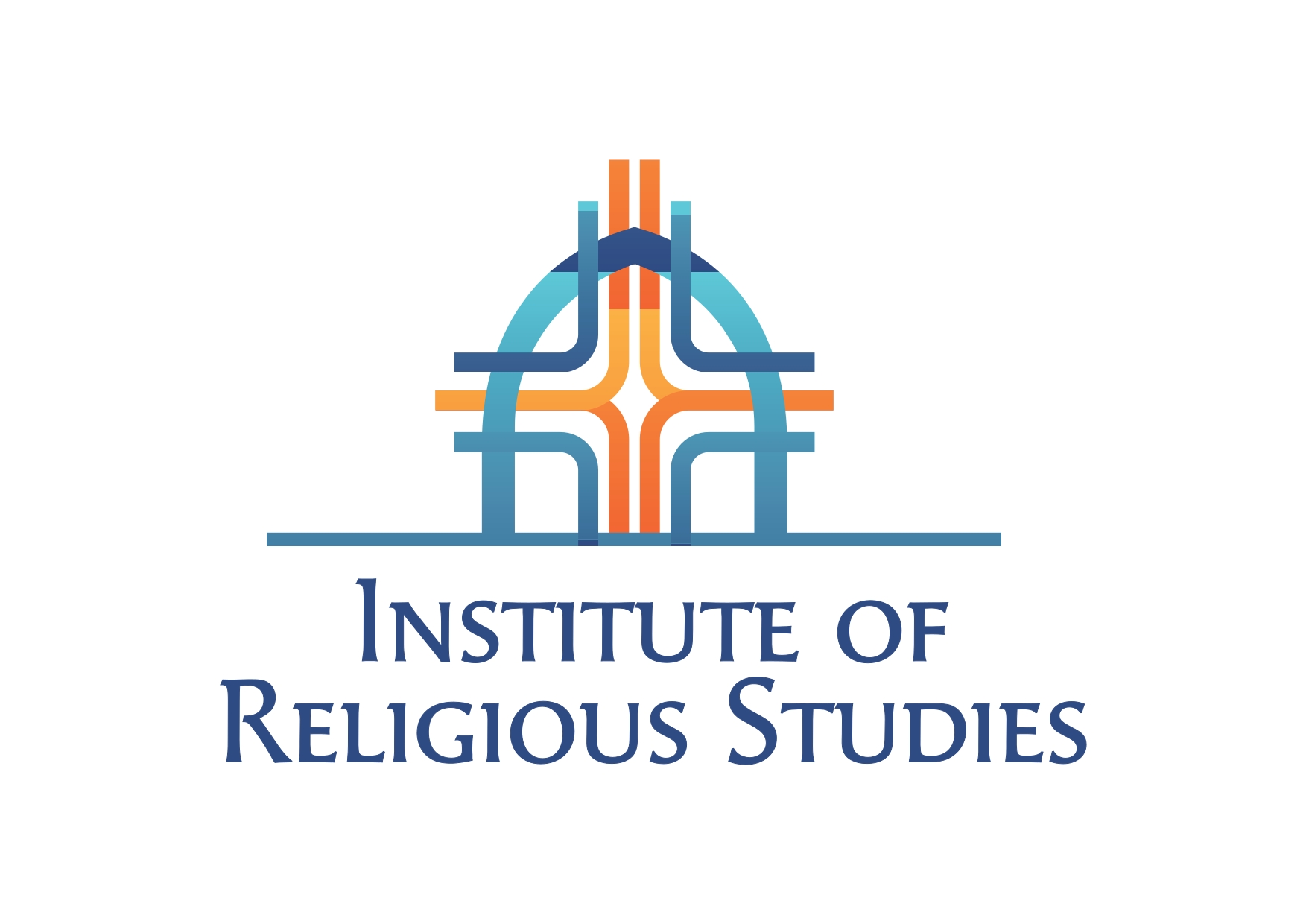The churches have always fulfilled their duties and vocation in a changing social environment, but these changes have accelerated in recent decades. Due to the processes of economic and cultural globalization, the social conditions that defined the lives of people in the Eastern European region have changed, and a new post-industrial social system has begun to form. As a result of these changes, the social challenges faced by the churches have undergone a significant transformation. An indicator of these changes is the transformation that has occurred in the work of the clergy. An increasingly large discrepancy has begun to develop between the envisioned duties of the clergy upon completing theological studies and the challenges they face in their actual work. In our research, we examine how the diverse social reality of the churches has changed over the past decades and what changes have been brought about in the various areas of clerical work, and, consequently, what new difficulties clerics must confront.
Therefore, our research directly targets the clergy population, but through them, it also provides a comprehensive picture of the reality of congregations. The results of the research can serve as an essential starting point for the development of church strategies, and also as a tool for the renewal of practical aspects of clergy training.



